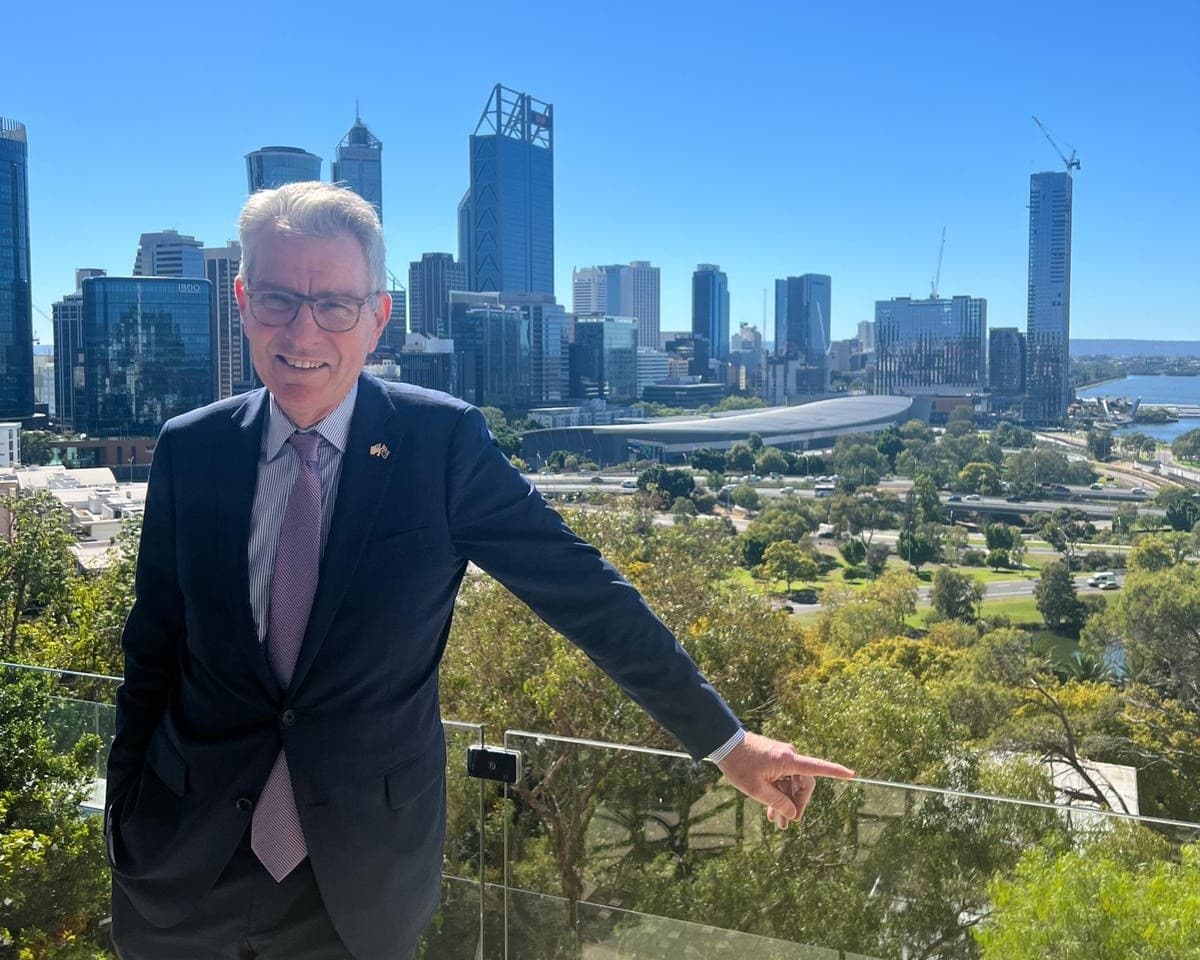With more than 40 years experience in the banking sector, Huss Mustafa knows almost better than anyone that supporting multiculturalism makes good business sense.
When he arrived in Australia as a 10-year-old from Cyprus he faced racism in the playground over what he ate for lunch and was told he would only amount to a butcher or baker because he also couldn’t speak any English.
Despite leaving school at 16, Huss has attained multiple qualifications and gone on to be one the Commonwealth Bank’s most senior executives and has reaped accolades and respect for his contribution to multiculturalism in Australia.
Huss, who spent four years as the Commissioner for the Victorian Multicultural Commission was awarded an Order of Australia medal for his services to multiculturalism and the business community in 2014.
He will be guest speaker at the City of Stirling’s ‘Diversity Driving Success’ business breakfast at CCI on March 15 in the lead up to Harmony Week.
The city, which is one of the most culturally diverse local governments in the country, is rolling out a State Government-funded initiative called Kaleidoscope, which brings businesses and migrants together.
Huss, who is now General Manager of the Multicultural Community Banking Australia, says he’s lived and breathed the benefits of multicultural workforces since arriving in Australia.
“I recall getting appointed as a branch manager in 1992, I was the first branch manager of a Turkish Cypriot background appointed in Australia and that was one that really hit home that it was a competitive advantage to have a second language.
“Over the last 25 years I have built the reputation around making sure our workplace is truly reflective of the community that we serve.”
Huss says with almost 50 per cent of all Australians either born overseas or having one parent born overseas it is important to reflect the customer base.
“At the Commonwealth Bank, four out of 10 Australians born overseas currently bank with us, so for us it is really important to make sure we create a really inclusive workplace where all our people bring all of themselves to work and they are proud of their cultural heritage,” he says.
“If they feel a sense of belonging in the workplace they will perform at a much higher level. When we talk to people from culturally and linguistically diverse communities where English isn’t their first language, they would much prefer to do business speaking in their own language.
“What we have been making sure is when you walk into to a branch and 50 per cent of the population of our customers are Chinese, we want to make sure 50 per cent of the staff behind the counter are also reflective of our customer base.
“We have seen the benefits. We don’t only believe we have a moral obligation to support cultural diversity and multiculturalism but it actually makes good business sense as well.











